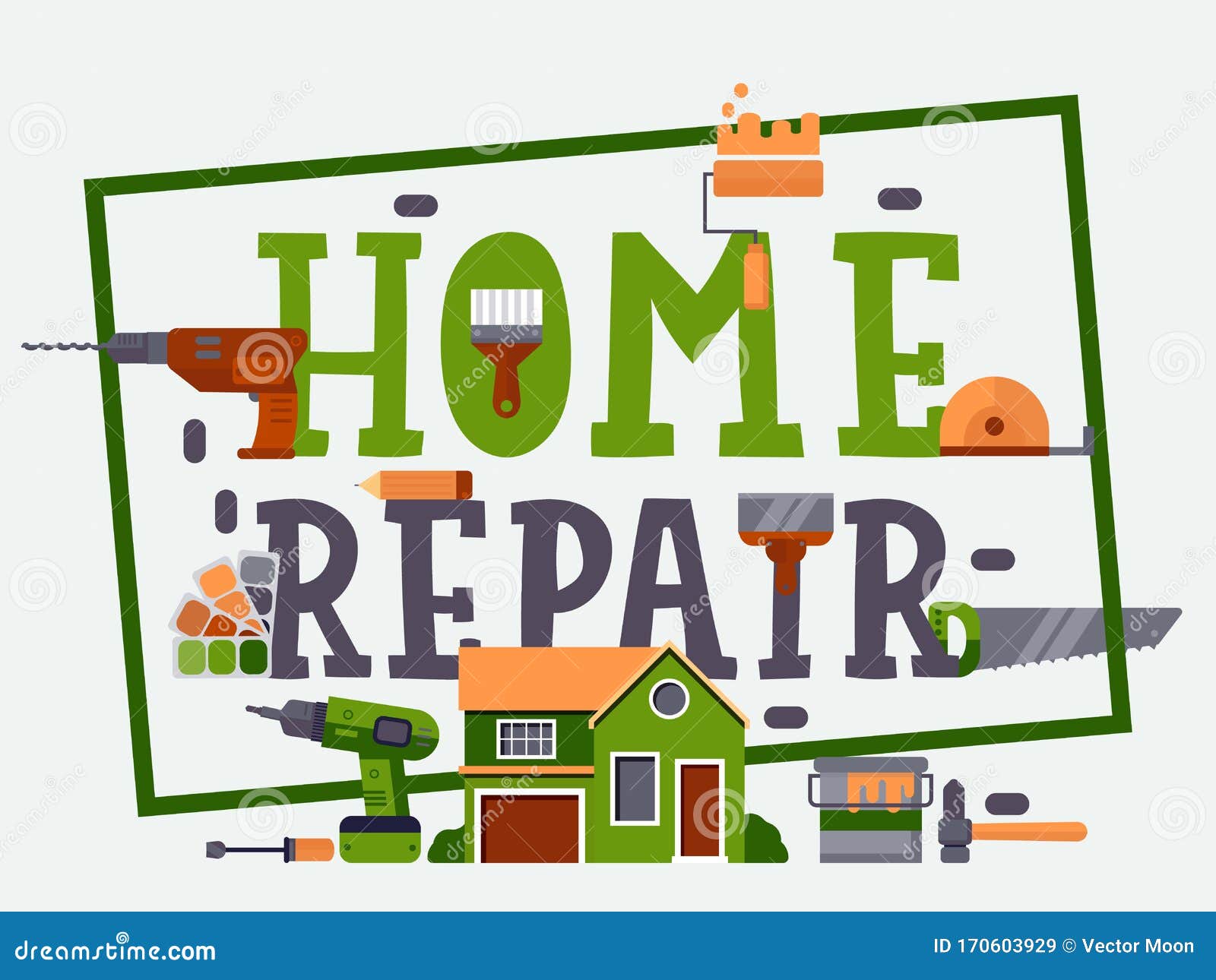Introduction
Energy efficiency in homes isn't just about reducing your carbon footprint; it's also about saving on utility bills and creating a comfortable living environment. Whether you're buying a new home or planning to upgrade your current one, making your home more energy-efficient can yield long-term benefits. Here's a comprehensive guide on how to achieve this, keeping in mind SEO optimization, originality, and freshness in content.
Conduct an Energy Audit
Before diving into specific upgrades, start with an energy audit. This can be done DIY with help from online resources or by hiring a professional. An audit will evaluate:
- Insulation effectiveness
- Air Leak Detection
- HVAC system efficiency
- Appliance operation
Why is this important?
An audit pinpoints exactly where you're losing energy, allowing for targeted improvements that provide the best return on investment. Mentioning tools like blower door tests or infrared cameras might improve your SEO as these are often searched by homeowners looking for efficiency upgrades.
Upgrading Insulation
Inadequate insulation is one of the primary culprits for energy loss:
- Attic Insulation: Ensuring your attic is well-insulated can significantly reduce heating and cooling costs.
- Wall Insulation: If feasible, blown-in or foam insulation can improve older homes.
- Floors and Crawl Spaces: Don’t forget these areas, which often contribute to energy inefficiencies.
Talking about insulation types like cellulose, fiberglass, or spray foam insulation not only educates the reader but also introduces key terms beneficial for SEO.
Seal Air Leaks
Air leaks equate to wasted energy. Here are practical steps:
- Use weatherstripping and caulk around doors and windows.
- Check for drafts around electrical outlets, switch plates, and where pipes and wires enter your home.
- Ensure vents and ducts connected to the attic or crawl space are sealed.
Highlighting the DIY aspect with phrases like "simple weekend projects" can help connect with readers looking for easy, immediate actions.
Upgrade to Energy-Efficient Windows
If you're considering new windows:
- Double or Triple Glazing: These windows can dramatically reduce heat loss.
- Low-E (Low-Emissivity) Coating: Reflects infrared energy, keeping heat inside in winter and outside in summer.
- Gas Fills: Argon or krypton gas fills provide insulation in the space between panes.
HVAC Systems Optimization
Your heating, ventilation, and air conditioning system is another critical area:
- Upgrade to a High-Efficiency Model: Look for ENERGY STAR certified systems.
- Regular Maintenance: A clean system is a more efficient one.
- Smart Thermostats: These can learn your schedule and adjust temperatures for optimal energy use.
Energy-Efficient Lighting
Switching to LED bulbs is one of the simplest yet most effective changes:
- LEDs use up to 80% less energy than traditional incandescent bulbs.
- They also last much longer, reducing replacement costs.
- Motion sensors and timers can further reduce unnecessary light usage.
Incorporate Renewable Energy
Consider integrating renewable options:
- Solar Panels: While there's an initial investment, the long-term savings on electricity can be substantial.
- Solar Water Heaters: Less commonly known but still effective in reducing heating costs.
- Wind Turbines: A viable option for those living in windy areas with land space.
Water Conservation
Water saving directly ties to energy saving because heating water uses a lot of power:
- Low-Flow Fixtures: Showerheads, faucets, and dual-flush toilets.
- Tankless Water Heaters: These only heat water when you need it, saving 24/7 energy consumption compared to traditional tanks.
Smart Home Technology
Integrating smart technology can not only make your home more energy-efficient but also more user-friendly:
- Smart Plugs and Outlets: Control the usage of devices even when you're away from home.
- Automated Systems: From lighting to blinds, automating can optimize energy use based on occupancy and time of day.
- Energy Usage Monitoring: Apps and devices that track your usage can help identify where to cut back.
Lifestyle Changes and Mindset
Ultimately, the efficiency of your home is also influenced by how you use it:
- Turn off appliances and electronics when not in use.
- Consider energy-saving cooking techniques.
- Encourage all household members to think about energy use in small, daily decisions.
Community and Learning
Join local environmental groups or workshops. These often offer insights into the latest in energy efficiency practices, enhancing your home improvement and SEO strategy through community involvement keywords.
Conclusion
Making your home energy-efficient requires a mix of immediate action and strategic planning. From simple DIY projects to investing in green technology, every step counts. Remember, these enhancements not only benefit the environment but can also lead to significant savings over time, improve your home's market value, and provide a more comfortable living space. It’s a win-win scenario that starts with awareness, leads to action, and ends in satisfaction.
By following these guidelines, you're not just making your home better; you're also boosting its visibility on search engines with optimized, informative content. Enjoy your journey toward an energy-efficient home!



